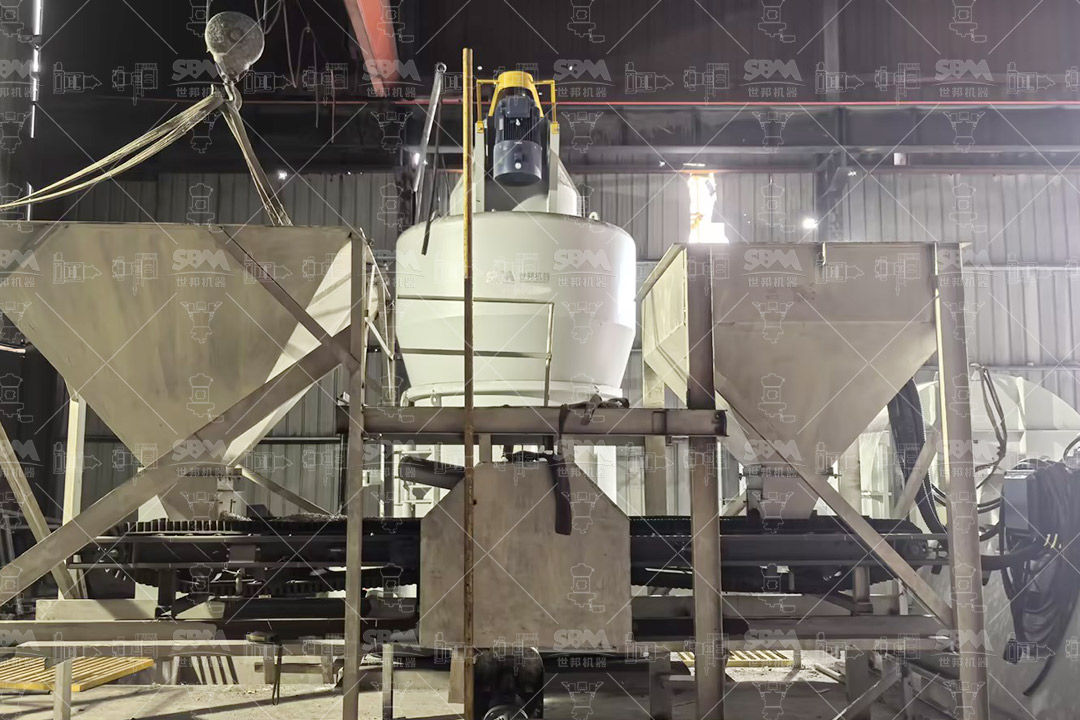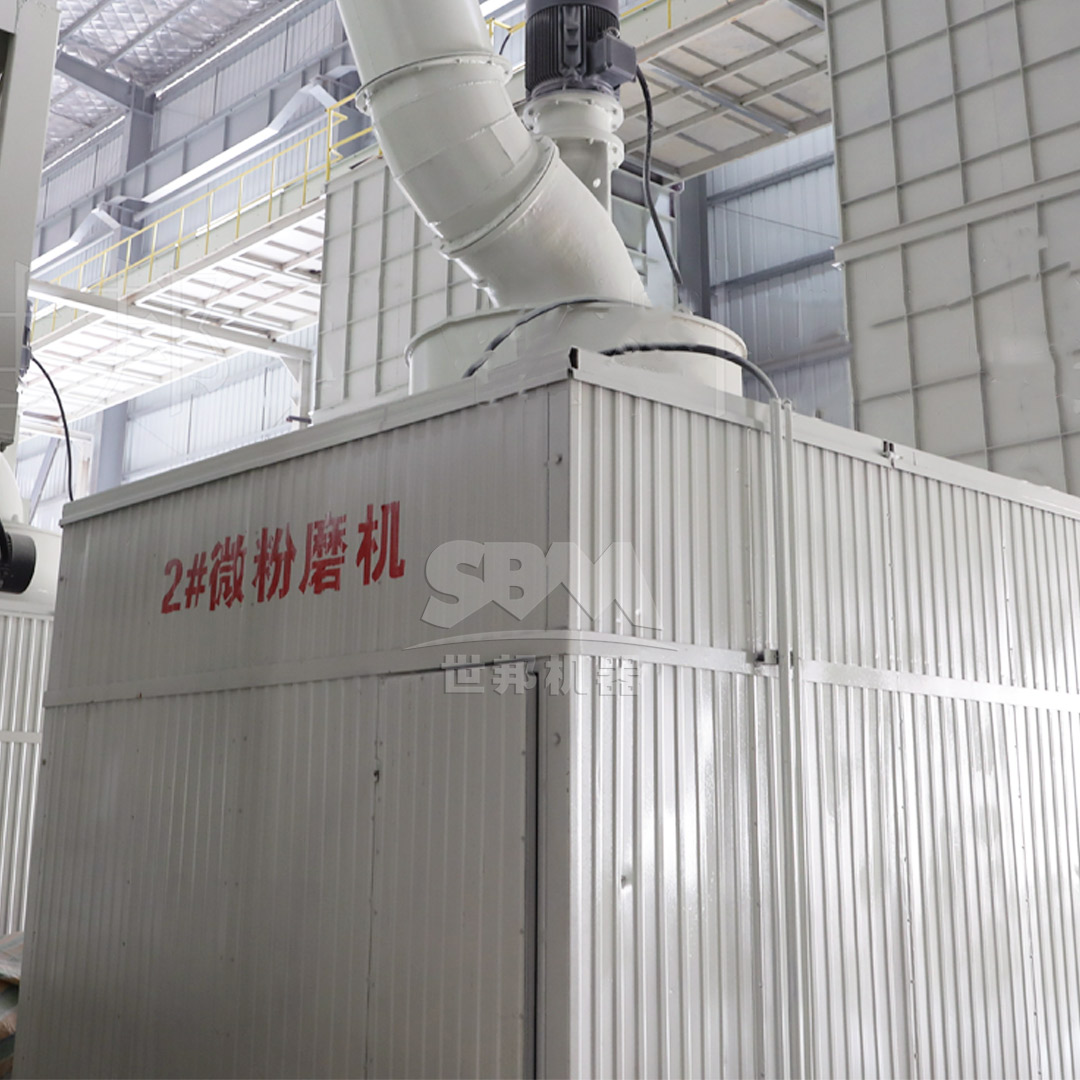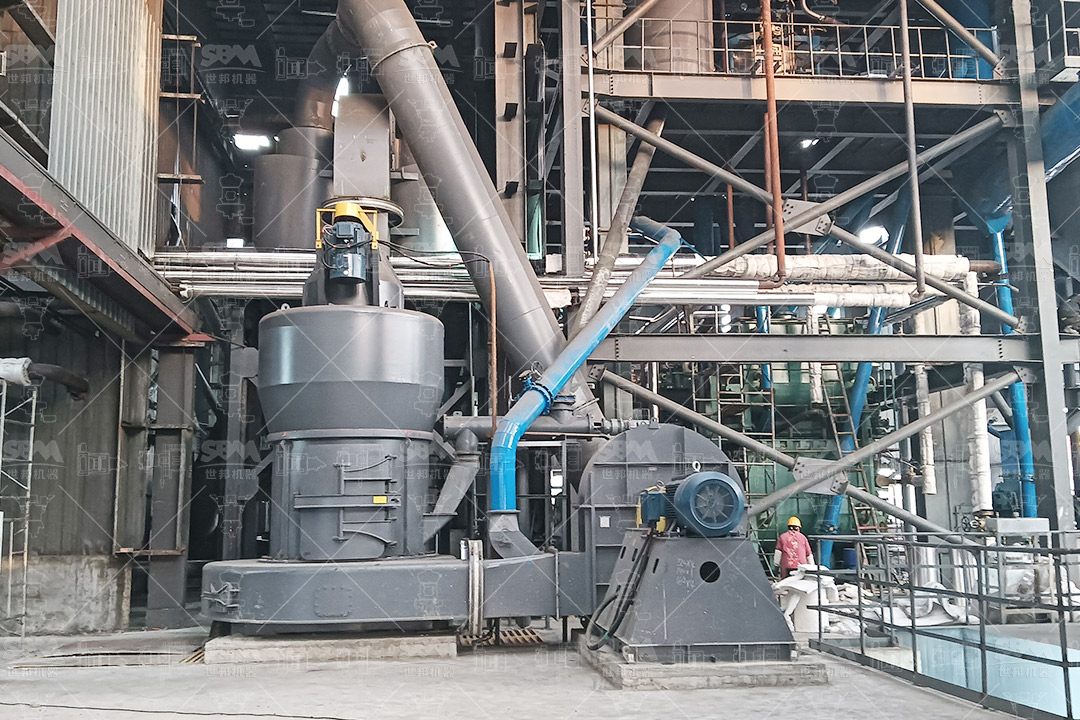The cement manufacturing industry continuously seeks innovative materials to enhance product quality and process efficiency. Fine bauxite powder has emerged as a valuable additive, offering multiple technical and economic advantages. This article explores the scientific rationale behind its application and introduces high-performance grinding solutions for optimal bauxite processing.

Bauxite’s high alumina content (Al2O3 45-60%) significantly impacts cement chemistry:
| Component | Typical Content | Role in Clinker |
|---|---|---|
| Al2O3 | 55-65% | Forms C3A for early strength |
| Fe2O3 | 5-15% | Lowers burning temperature |
| SiO2 | 3-10% | Balances silicate phases |
Ultrafine bauxite powder (D97≤5μm) delivers measurable improvements:

For optimal bauxite powder production, we recommend our SCM Ultrafine Mill series featuring:
The SCM1250 model is particularly suitable for cement plants with 2.5-14 ton/h capacity requirements, featuring 185kW main motor power and exceptional wear resistance for abrasive bauxite materials.
Microscopic analysis reveals how fine bauxite modifies cement microstructure:
A comparative cost analysis demonstrates:
| Parameter | Conventional Mix | 5% Bauxite Additive |
|---|---|---|
| Fuel Consumption | 3.2 GJ/ton | 2.7 GJ/ton |
| Grinding Cost | $8.50/ton | $9.20/ton |
| 28-day Strength | 48 MPa | 52 MPa |
For large-scale operations, our MTW215G Trapezium Mill handles 15-45 ton/h capacity with 280kW power, achieving perfect balance between fineness and throughput for cement-grade bauxite.

Modern grinding systems like our SCM series incorporate:
The strategic use of fine bauxite powder, processed through advanced milling technology, represents a transformative approach for cement manufacturers. Our SCM and MTW mill series provide the ideal technological platform to harness these benefits while maintaining operational efficiency and environmental compliance.